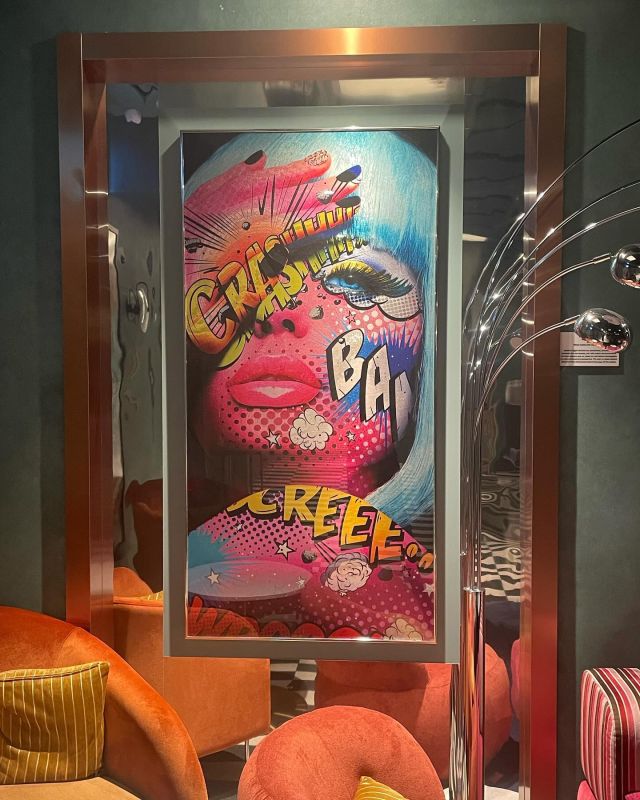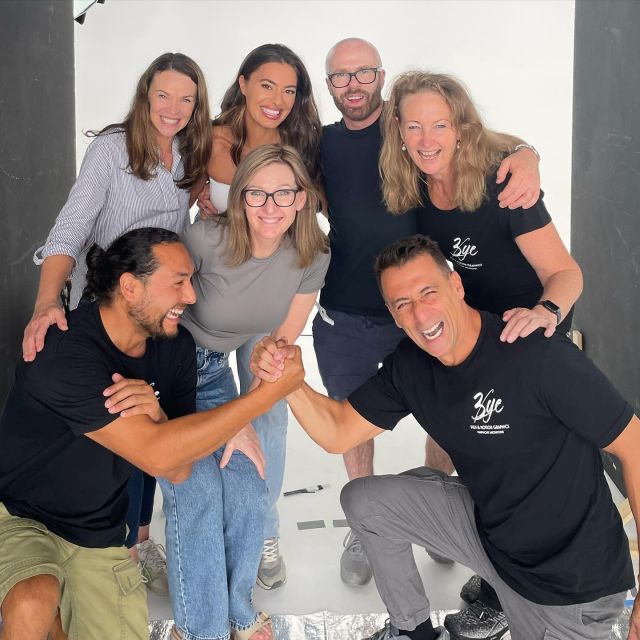The world today is more complicated than it’s ever been, in a whole sweeping range of ways that encompass both our private and our professional lives, and we rely on that complexity to streamline our experiences of life.
At work, complex machinery dictates the way our professions play out, and every job from the most academic and white-collar, to the most blue-collar, depends — at least to some degree — on computer equipment and software programs that are so complex they rely on specially trained experts in order to continue functioning.
At home, we rely more than ever before on complex gadgets, tools, apps, and programs, to track our free time, plan for the future, keep the house tidy, provide comfort, and ensure quality entertainment.
But there are often serious downsides to relying on hyper-complex systems in order to manage our lives, either professionally or privately. While some of these complex solutions are necessary and desirable, simple solutions are, in many cases, the best.
Here are a few reasons for that:
Simple solutions typically require fewer people and less upkeep, and are more robust
If you run a small business and are situated in an isolated and rural area, and your business requires you to be able to elevate things on a regular basis, you could rely on any number of fairly technologically advanced options.
You could, for example, depend on cherry pickers, elevated work platforms, and safety climb systems, all of which would tend to require a good deal of upkeep, professional mechanical know-how, and in many cases, a trained team to operate and maintain.
On the other hand, mid-hinged poles help reduce ongoing maintenance costs, require very little manpower to use, and are about as elegant and low-tech a solution as you could wish for.
This is a common dynamic between simple and complex solutions and systems.
The simplest solutions are often those that have stood the test of time the longest
The simplest solutions are, due to their simplicity, generally also those which have stood the test of time for the longest.
People have, for example, been writing out plans and schedules in notebooks for at least hundreds of years. The latest scheduling app that you might find online, however, will have only been around for a short time at best.
A notebook is time-tested. You know it’s limitations and its capabilities. A scheduling app, on the other hand, is an unknown quantity. The company who runs it may go bust in a few years. There may be a massive data breach due to hackers. Support for the app may cease on your mobile device, and leave you stranded.
The simplest options are often those that have undergone the most rigorous testing.
Simplicity limits confusion and helplessness
Simplicity limits confusion. It goes without saying that the more complex a system is, the less you, personally, understand it.
If you fill your life with tools and systems that are a complete mystery to you, you feed a state of permanent confusion or semi-confusion, which in turn feeds a sense of helplessness.
If an old-fashioned car breaks down, you might have the mechanical know-how to sort it out on your own. If your new Tesla breaks down, on the other hand, confusion and helplessness are what’s in store for you, and you’ll have to rely on someone else to save you from the predicament.

















